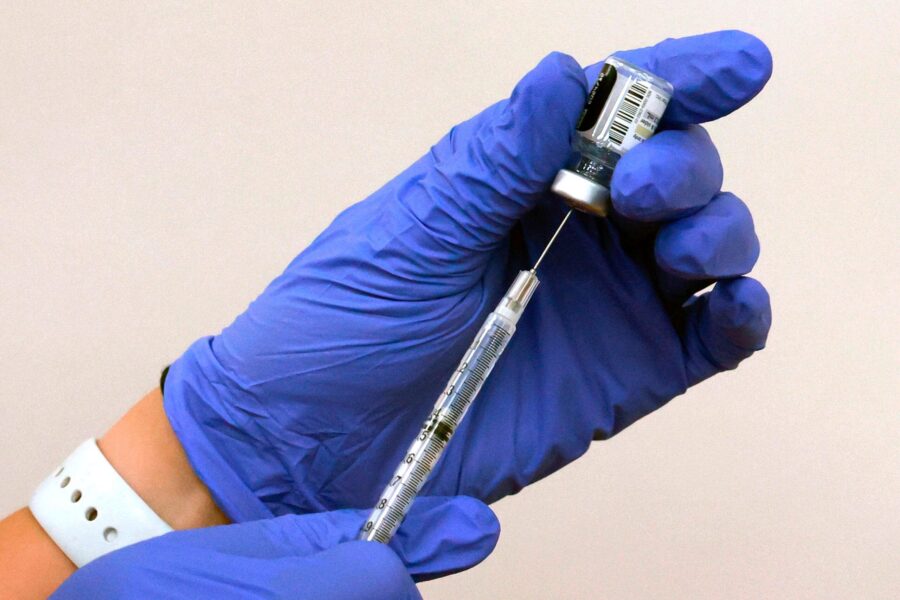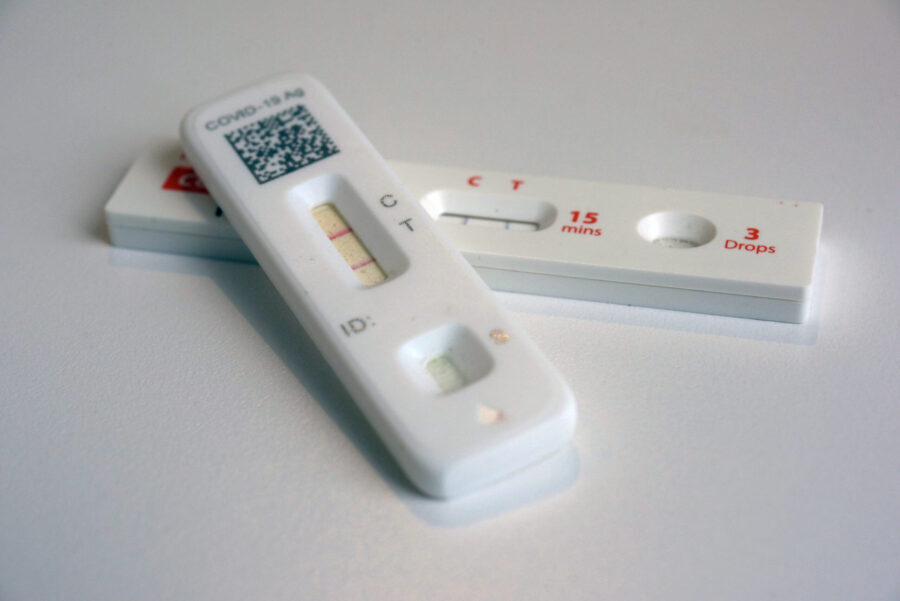Intermountain Healthcare Research: Clear Link Between COVID-19 & Heart Disease
Aug 18, 2020, 6:55 PM | Updated: 9:03 pm
MURRAY, Utah – Researchers at Intermountain Healthcare said there is growing evidence of a link between heart disease and COVID-19 after examining several published studies.
We’ve known since COVID-19 emerged that the virus can do severe damage to the lungs. Now, there is mounting evidence that COVID-19 also damages the heart, raising concerns for any patient with the virus.
“There’s clear evidence that COVID-19 can cause heart disease,” said Dr. Kirk Knowlton, director of cardiovascular research at Intermountain Healthcare. “The virus can infect the heart itself and can also stimulate clotting. It does not affect all patients, but affects around one in five patients admitted to the hospital with COVID-19.”
COVID-19 and Heart Disease with Dr. Kirk Knowlton
Dr. Kirk Knowlton, director of cardiovascular research and chair of cardiovascular department at Intermountain Medical Center to talk about heart disease and COVID-19
Posted by Intermountain Healthcare on Tuesday, August 18, 2020
He examined more than 100 published studies related to COVID-19 and its effects on the heart. He found many COVID-19 patients also suffer significant cardiovascular damage that might continue after they have otherwise recovered.
“When they had heart disease, their prognosis was much worse,” said Knowlton. “They had a many-fold higher rate of being intubated, or even of dying from COVID-19 if they had heart disease.”
If there was no evidence of heart disease, they had a better chance of surviving, according to his research.
“The virus, the inflammation, clotting — something is causing heart damage, even during the acute illness,” the doctor said.
The studies showed damage either caused by the virus itself, from inflammation triggered by the immune system’s response to the virus or from increased clotting in heart vessels.
One study showed structural damage to the heart in more than half of COVID-19 patients examined.
“I’d hate to think that half of everyone that has COVID-19 is going to end up with some myocardial damage,” said Knowlton. “In the long run, we don’t know, a year from now, what that will look like, whether they will perfectly recover or not.”
There is also evidence that heart damage may be long-lasting, in some cases.
Leaders from the NCAA’s Pac-12 conference cited COVID-19 related heart inflammation when postponing fall sports.
That’s after at least 10 football players developed heart inflammation after being diagnosed with COVID-19.
Knowlton said this raises new concerns for young people who have not necessarily been as heavily impacted by COVID-19.
If COVID-19 is creating long-term damage in hearts, health officials said everyone should be cautious and take necessary precautions to prevent the spread of the virus.
“It gives us cause for pause to think about the importance of preventing the disease,” said Knowlton.
Right now, researchers just don’t know how often the heart damage will occur and whether it can affect people with mild symptoms.
The prospectus review of the studies is published in the Journal of Molecular and Cellular Cardiology.











